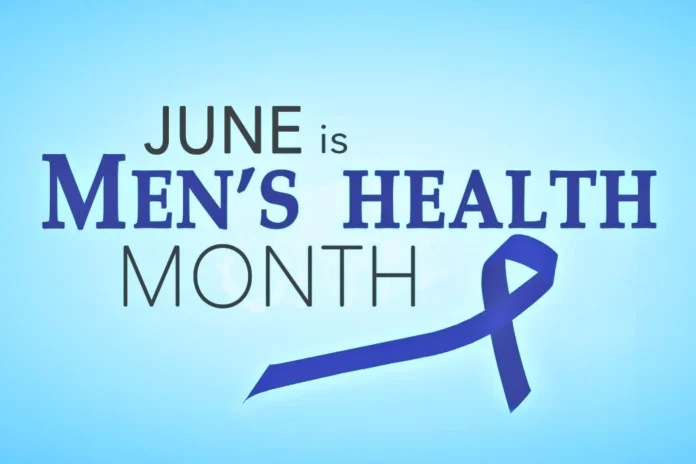Stop with the tough-guy act fellows! June is Men’s Mental Health Month, and it’s not just about going to the gym or flaunting your six-pack abs. This society often tells men to bottle up their emotions and be the rock, but this is just a good plot for disaster that majorly causes generational traumas. Let’s just face the fact that men do face mental health challenges just as much as anyone else, sometimes even more, and this month is all about breaking the silence and letting the men in our lives know that it’s okay to not be okay sometimes.
Why Men Struggle to Ask for Help?
We all know that men are expected to be strong and keep their emotions concealed, but is it healthy? Of Course not! Men, like any woman, face issues with their mental health, but they are often less willing to discuss them or seek treatment. This could be due to a variety of factors, including males believing that asking for treatment is a sign of weakness, or perhaps simply not having enough resources available specifically for men’s mental health.
So here’s the thing: disregarding your mental health can have major consequences, and studies suggest that if not taken care of mental health properly men are more likely compared to women to commit suicide. This is why it is critical to open up and seek help when necessary.
How to Seek Help for Mental Illness?
Men’s Mental Health Month attempts to break down these challenges and inspire men to prioritize their mental well-being. Here are some ways we can all make a difference and help men in our lives with their mental wellbeing:
- Educate yourself: Learn more about men’s mental health and what are the trigger points so you can better appreciate the problems they encounter and the choices they make.
- Start a conversation: Normalize discussions about mental health with the males in your life. Let them know it’s acceptable to not be okay, and that you’re available to listen without judgment.
- Encourage help-seeking: Encourage males to seek professional assistance if they are struggling. There are numerous resources accessible, including therapists, counselors, and support groups intended exclusively for males.
- Spread awareness: Spread the word about Men’s Health Month on social media and with your network. Let the males in your life and around the globe know you’re concerned about their well-being.
Check! Apple Watch New Feature Improves Health
The Evolving Role of Men in Society
Men’s roles in society are continually evolving, but difficulties in spreading awareness about mental well-being continue. Traditional expectations typically characterized males as unemotional breadwinners who remain tough in the face of hardship. The urge to be tough can make it difficult for males to seek help for mental health issues, even though they occur at similar rates as women sometimes even more.
However, there is a positive change occurring now in our society. There is a rising awareness of these issues, and the stigma around men’s mental health is slowly declining. This allows males to express a wider range of emotions and prioritize their well-being over social standards. It also prepares the way for a future in which men can define their roles according to their talents and interests, resulting in a more balanced and supportive society for everybody. But this is a long journey and a lot more awareness is needed.
Challenges Faced for Men’s Mental Health Month
Outdated ideas about what it means to “be a man” and a lack of resources built specifically for men’s mental health can make it tough to reach out for help. But what if we rewrite the script? Imagine a future where being a man means prioritizing your well-being, building strong connections with the people you care about, and sharing life’s ups and downs in a balanced way. Sounds pretty healthy, right?
June might be known for sunshine and beaches, but it’s also Men’s Mental Health Month! Let’s ditch the outdated “tough guy” act and work on improving ourselves. If you’re a man hurting, remember that you’re not alone, and all around you are people who care and want to support you. Speak with a friend, family member, or therapist, whoever you feel most comfortable with. Let’s begin by breaking down these barriers and making sure all men feel comfortable discussing mental health. This starts with YOU. Share your thoughts and experiences in the comments below – together, let’s break the stigma and build a healthier future for all!



